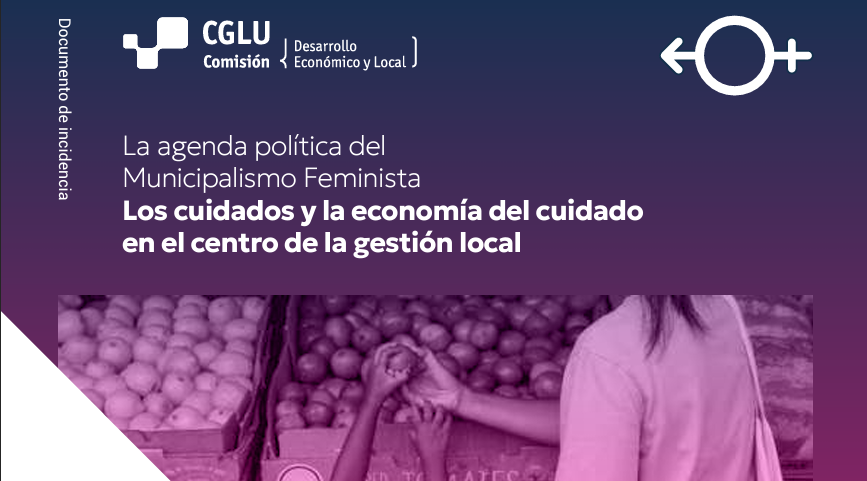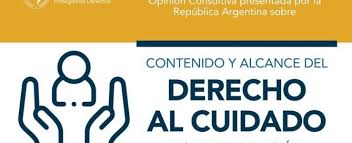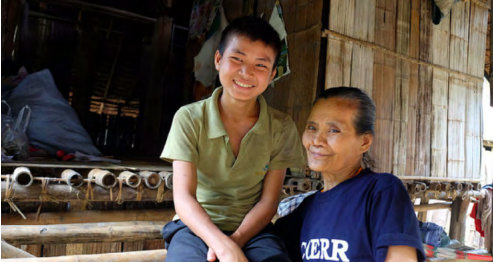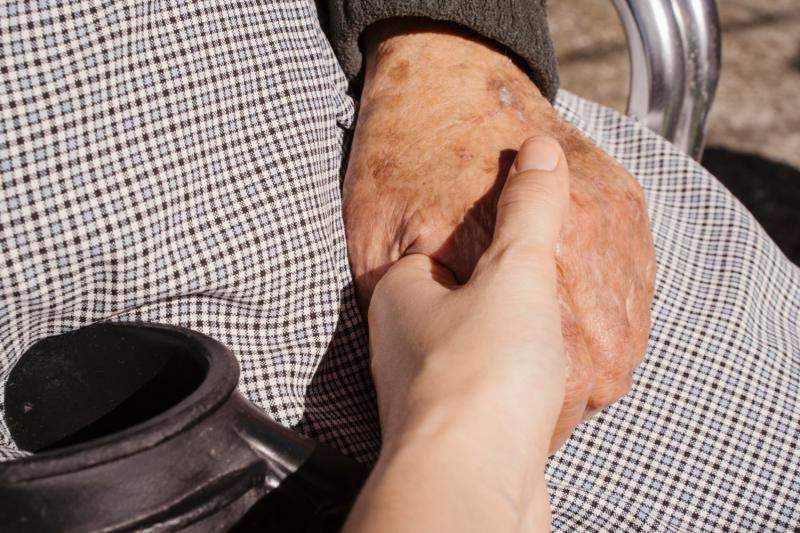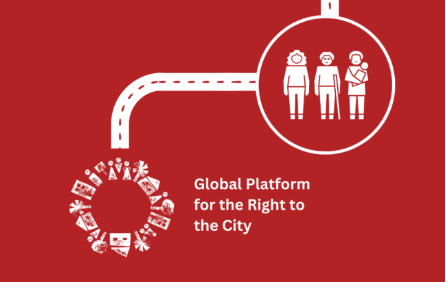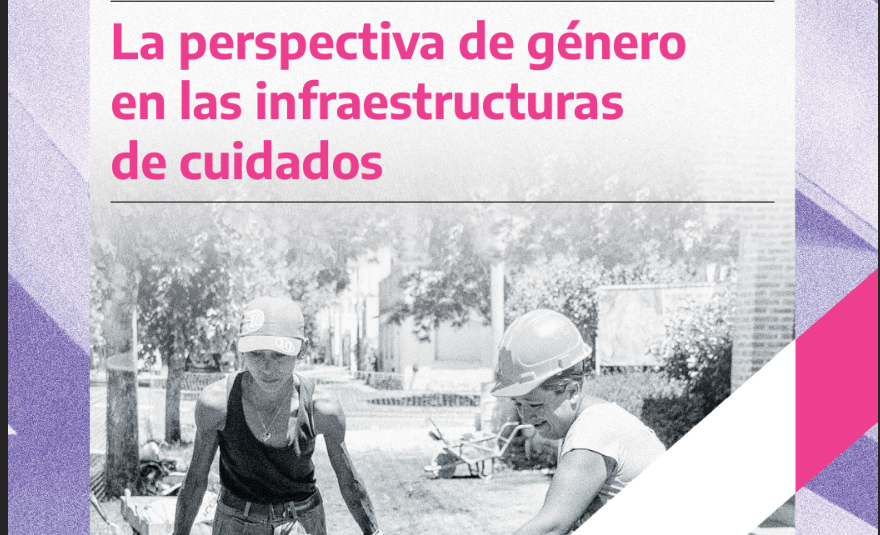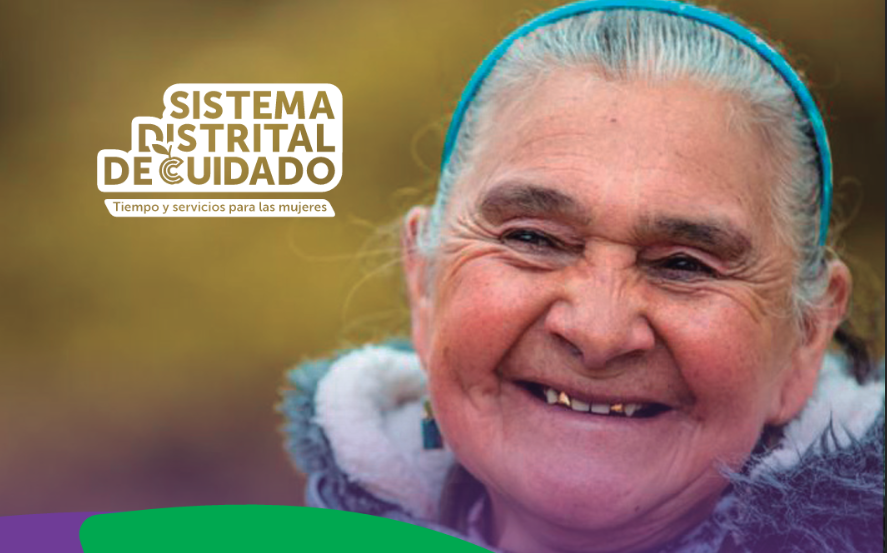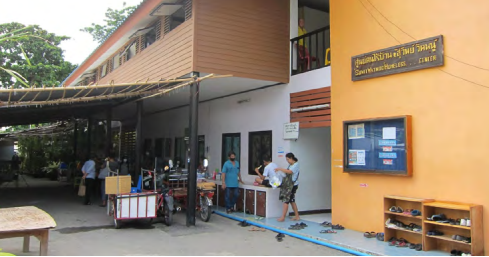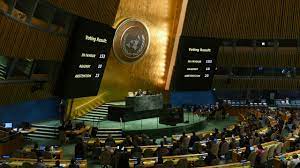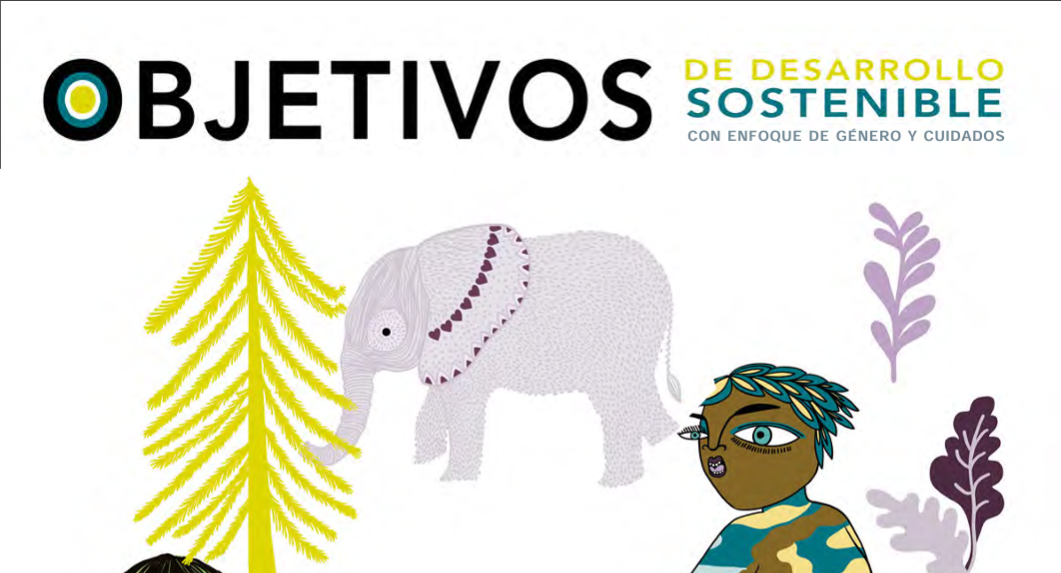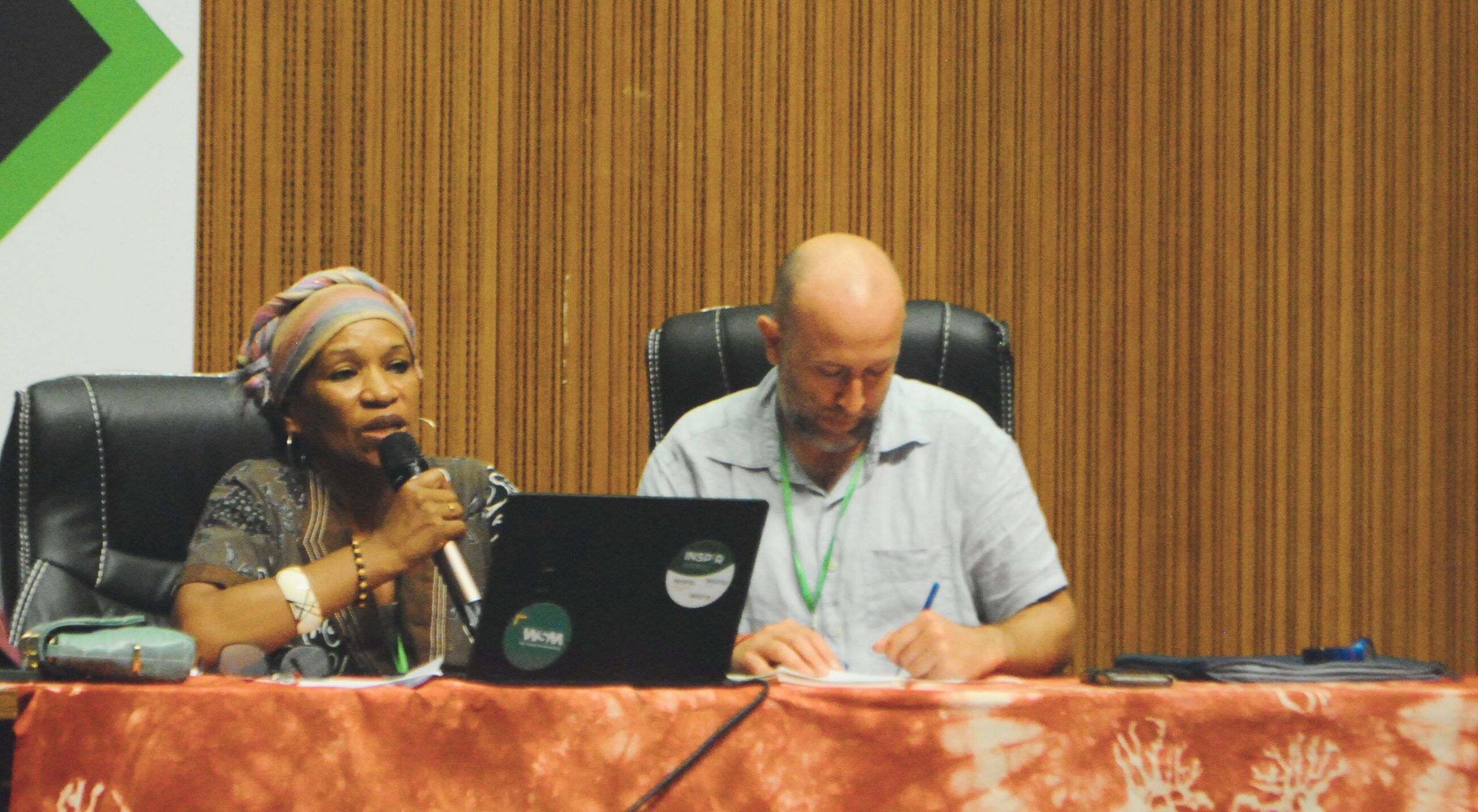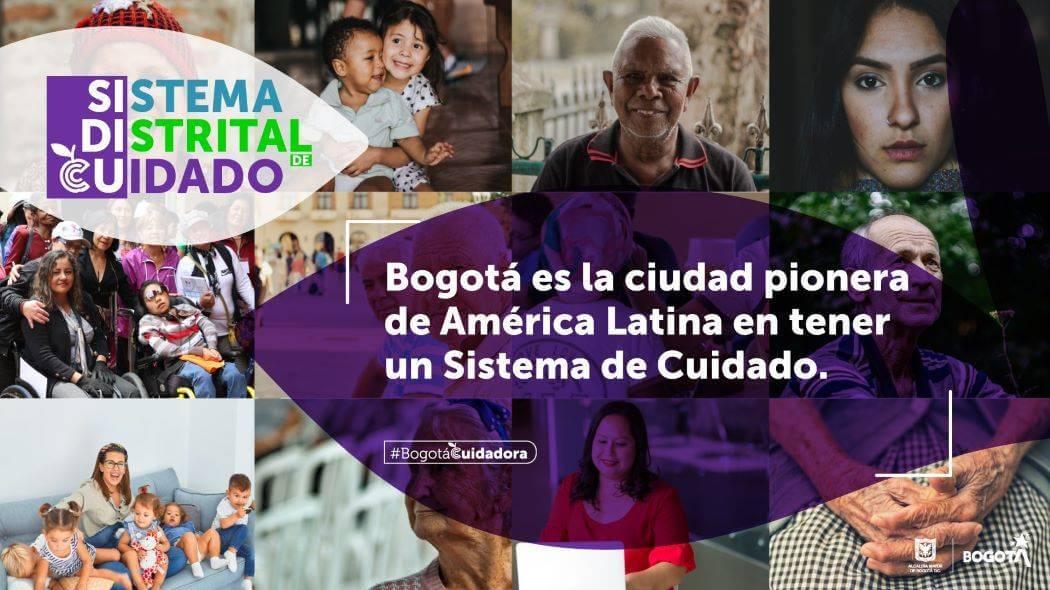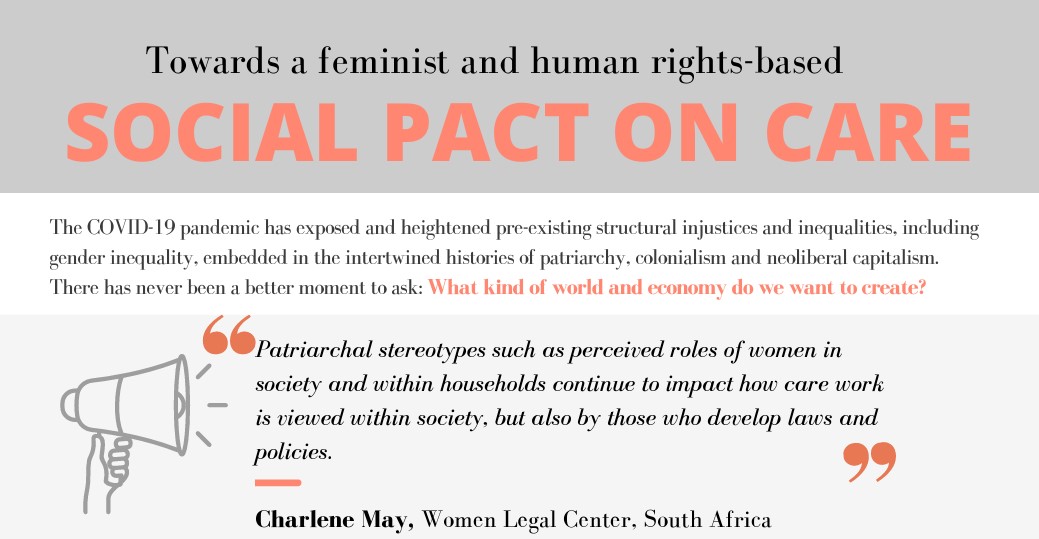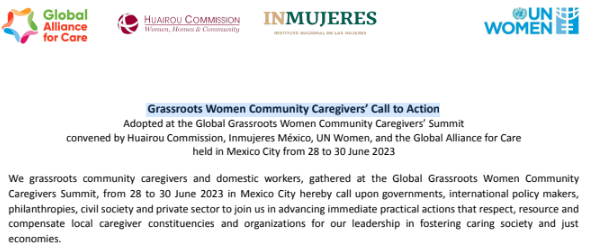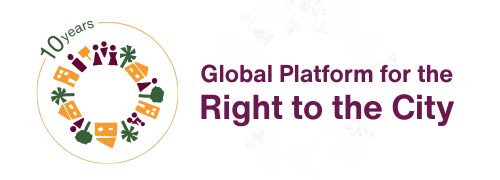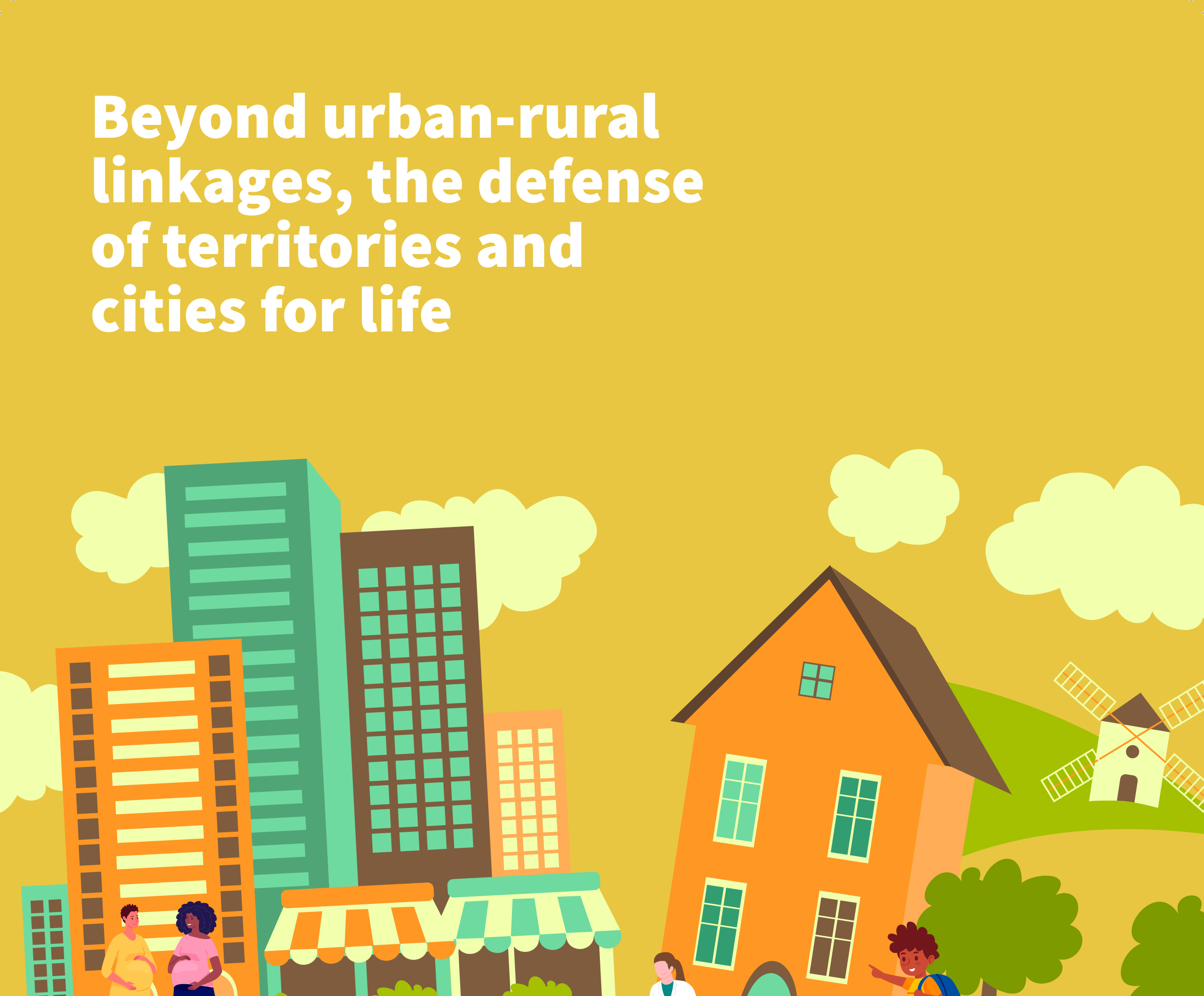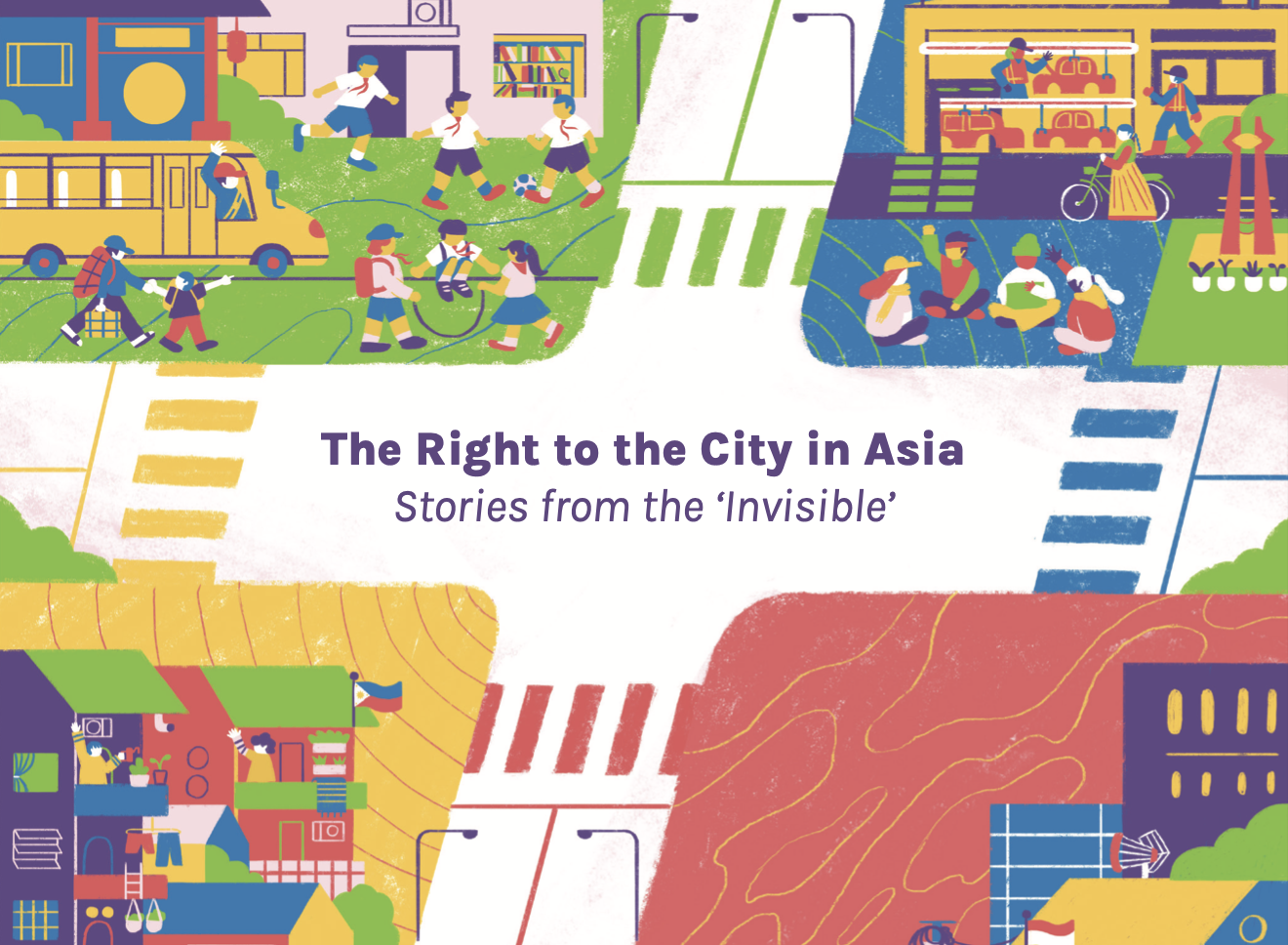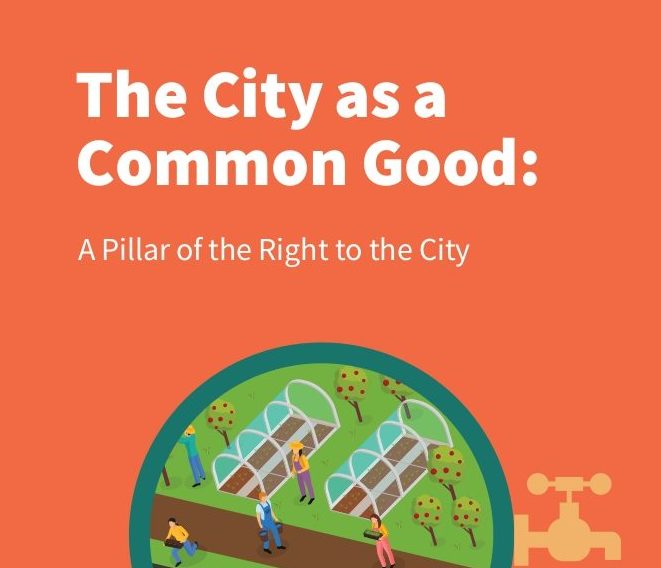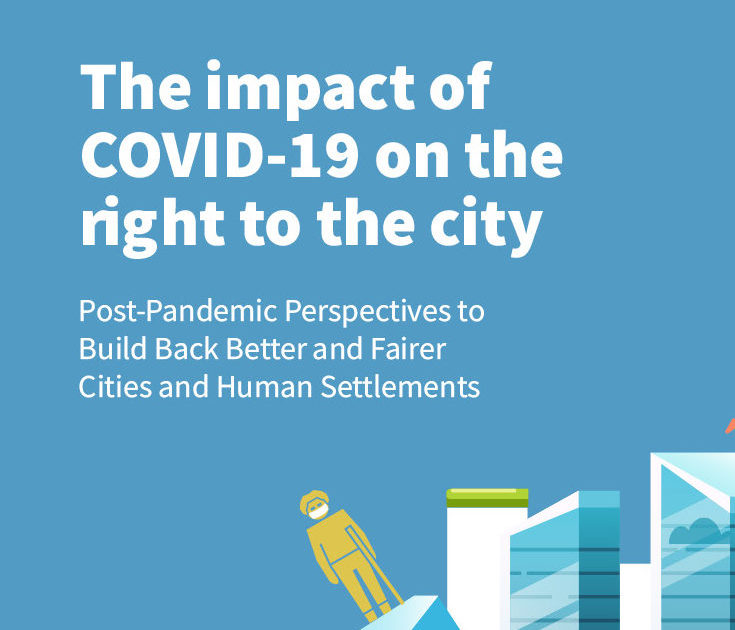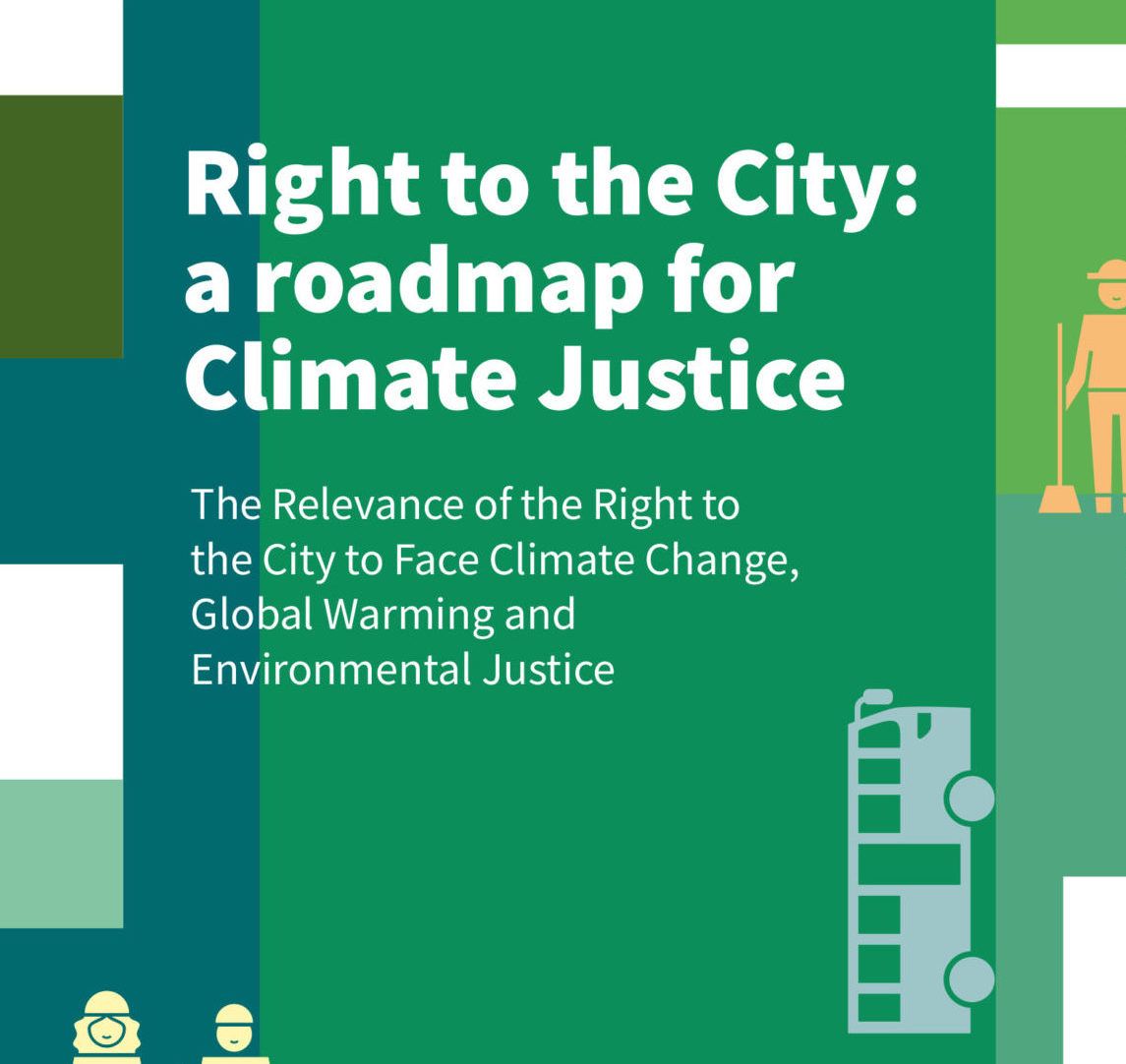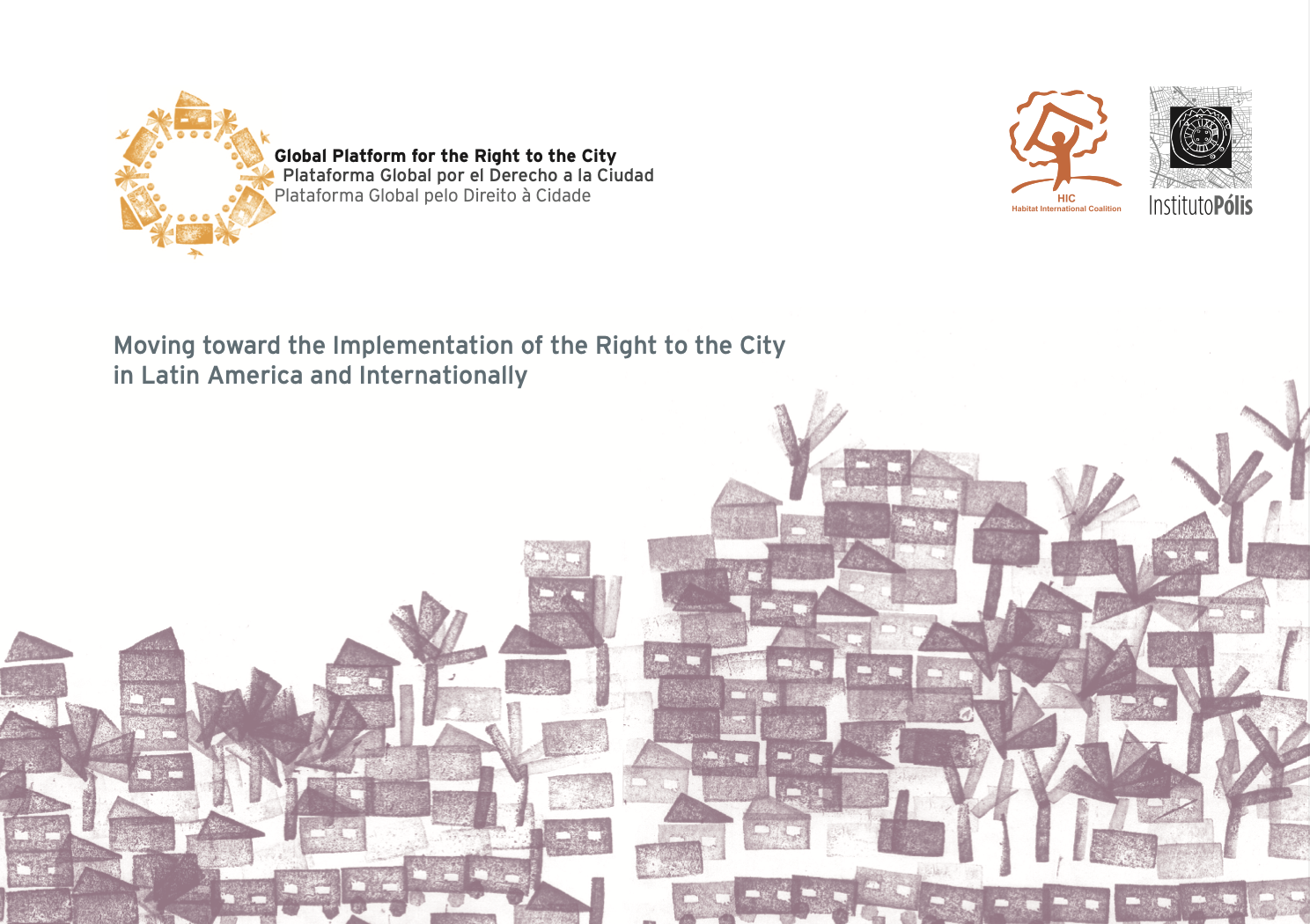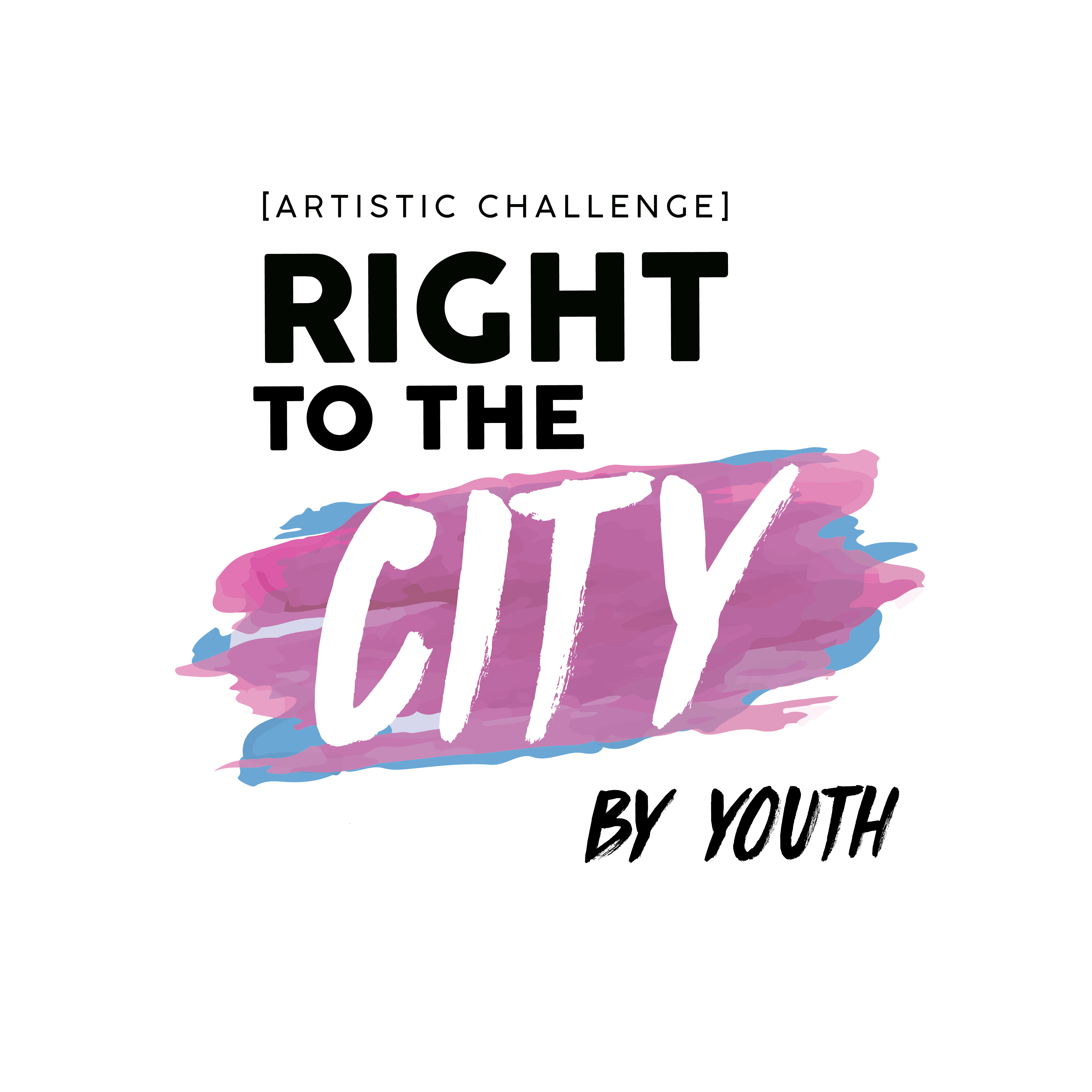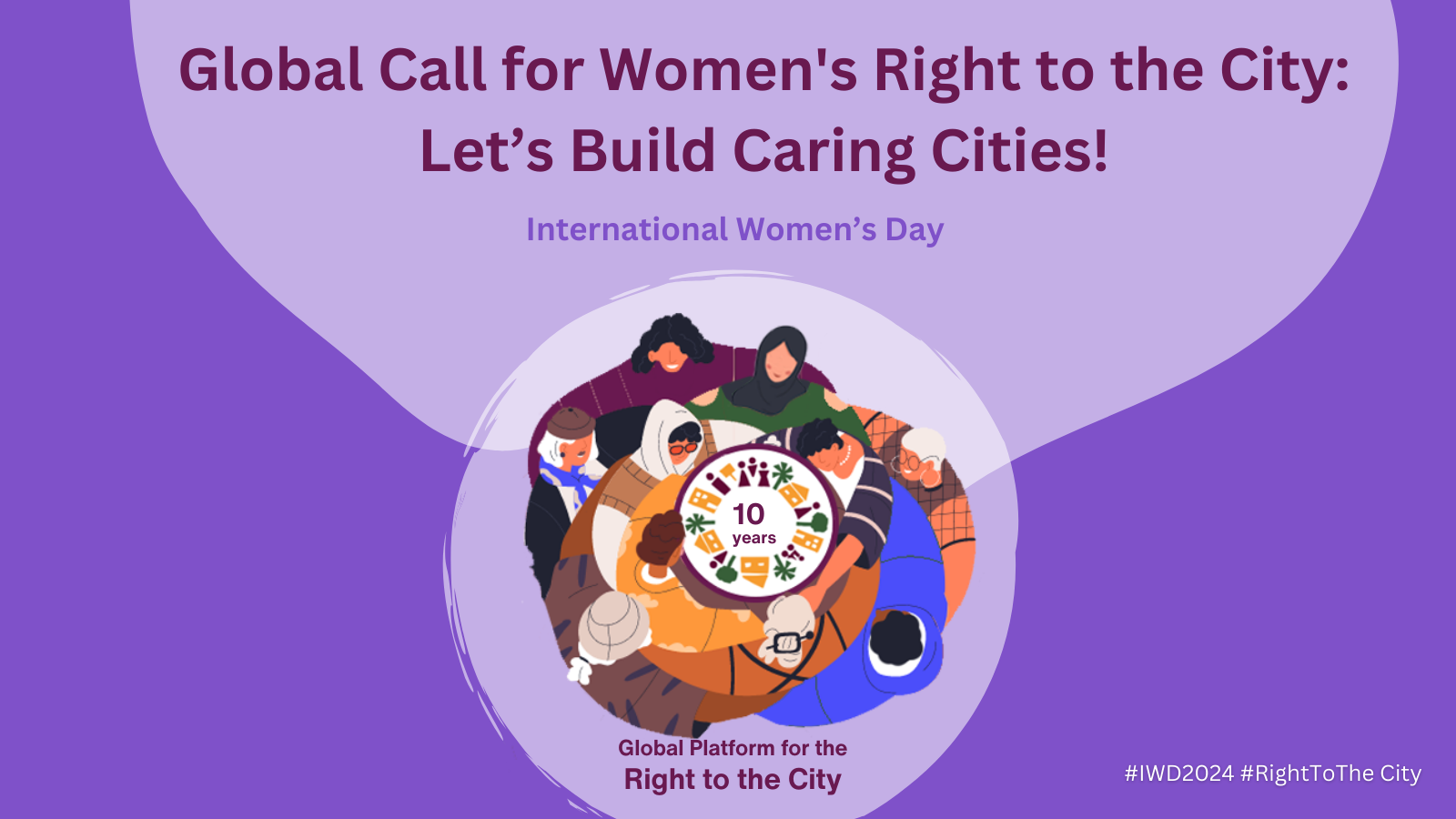
We need cities that prioritize life
We, civil society organizations and local governments, participating in the Global Platform for the Right to the City -women and girls of all ages, dissidents and backgrounds – from all regions of the world, demand that the matter of living in cities, the everyday life, and thus, care[1], essential for life reproduction, be integrated into urban planning and policies towards fairer, more diverse, and feminist cities and territories.
We need cities and human settlements that prioritize life over the commodification of proposals. We aspire to cities where all women and girls can have equal opportunities and develop our lives equally, in an inclusive way, based on our diversities, without violence, and by making our contributions visible. A city that recognizes, values, and redistributes care work in families, society, and particularly in the community, all primarily undertaken by women. All of this demands investment in public services and facilities that consider the use of time by caregivers and of people in need of care, as well as proximity and quality. Care must be recognized as a right and as work, thus as a public and social responsibility, with the active engagement of regional/local governments.
Care in Crisis
%
of UNPAID care workers globally are women and girls
%
of PAID care workers globally are women and girls
hours per day are spent on unpaid care work by women and girls
$ per year is contributed by unpaid care work performed by women and girls
The COVID-19 pandemic, combined with the climate crisis – resulting in significant losses and damages at local and national levels-, along with processes of democratic setbacks and growing inequalities, has highlighted the need for care and state investment in comprehensive care infrastructure.
However, despite the evidence gathered, a contradiction persists between the vital and essential role played by care work, as well as community care networks in sustaining reproduction, life and ecosystems, and the lack of visibility, recognition, and support received by caregivers. Therefore, it is urgent to guarantee the recognition of the rights and demands of groups that require care and are also marginalized (especially children, older people, people with disabilities).
How to Build Caring Cities
We call on all levels of government to radically transform how care is distributed, made visible, remunerated, and supported by infrastructure and services in our cities, which implies:
- Revising traditional approaches to urban planning and policies through a critical lens, incorporating new concepts and methods (including participatory research and a gender-sensitive, plural, and multicultural perspective) to account for the differentiated demands and uses of the city from an intersectional perspective that considers gender, ethnicity and race, income, disability, age, and sexual diversity in environments of citizen security.
- Establishing the necessary infrastructure and policies for the development of care systems that reconcile reproductive and productive work in cities with a focus on gender equality, proximity, and accessibility. In other words, cities that promote socio-spatial inclusion and integration, social cohesion, social and intergenerational interactions, a sense of belonging and identity, and an improved urban quality of life through public space and urban design.
- Recognizing and including the various cultural, memory, social, and economic characteristics of the communities that inhabit it. Through active citizenship exercises, with participatory policy formulation and public budgeting processes, fostering a sense of belonging and responsibility through democratic governance. Eliminating violence and discrimination in all its forms, ensuring security, peace, equal rights, opportunities, and access to the city’s goods and services.
- Supporting community care networks, formed both by caregivers (housewives, professionals in education, healthcare, domestic workers, among others) and by people in need of care (older people, dependent individuals, more vulnerable groups according to the current care system…), social organizations, and public and private entities linked to this sector. These networks must also include feminist organizations, local and national governments, and other relevant actors to ensure a sustainable process for the implementation of actions.
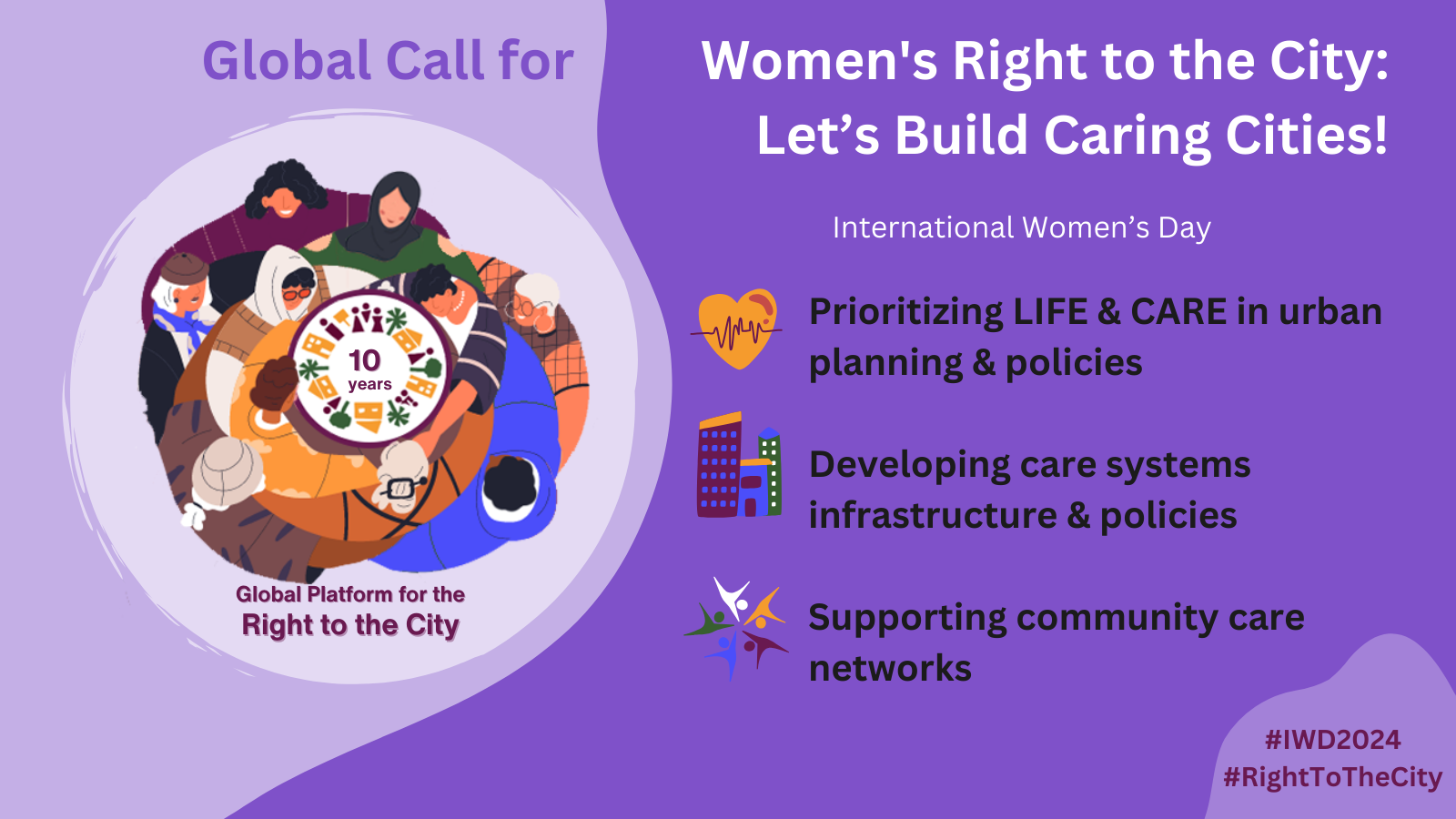
Initiatives with Care at the Centre
Explore good practices and policies with care at the centre supported by GPR2C members and allies around the world.
Los cuidados y la economía del cuidado en el centro de la gestión local
Global
By: Ana Falú, coordinado por UCLG
Documento de incidencia entra en detalles sobre herramientas e instrumentos y proporciona claves para desfeminizar, democratizar y desmercantilizar los cuidados
Audiencia para la opinión Consultiva sobre el derecho al cuidado
Costa Rica, América Latina
By: Corte Interamericana de Derechos Humanos Corte IDH
La interpretación de los DESCA (art. 26 CADH) en relación con derechos específicos de cada grupo, es la clave para tutelar el Derecho al Cuidado en sus dimensiones integrales. Tomando en cuenta obligaciones progresivas e inmediatas, y para ello un Sistema Universal de Cuidados
Córdova, Argentina
By: Juntas por el Derecho a la Ciudad
Se propone visibilizar y reconocer a mujeres y diversidades protagonistas en nuestra ciudad. A través de distintos trabajos evidenciamos desigualdades en el espacio público por el escaso reconocimiento a mujeres y diversidades destacadas en la historia de Córdoba.
Migration Experiences in China and other Asian countries
Asia
By: Global Platform for the Right to the City, with the collaboration of ActionAid India, Caritas Asia, Participation Center, Public Works Studio and Cities Alliance
This paper brings some experiences that demonstrate community-based and civil society organisations role in fostering migrants’ rights, while also increasing their ability to access and trust public service providers.
Atención a las personas mayores
El Prat de Llobregat, España
By: Cooperativa Obrera de Viviendas
La Cooperativa Obrera de Viviendas lleva más de 60 años facilitando a su base social el acceso a viviendas asequibles y dignas. Progresivamente la entidad ha ido aumentando sus servicios de cuidados, de actividades sociales y formativas.
Hoy en día la cooperativa presta atención a las personas mediante un centro de día, un servicio de asistencia a domicilio, dos centros sociales y otras actividades de ocio y sociales, para dar respuesta a las necesidades de atención de la gente mayor de su entorno.
Cities and human settlements with diverse and inclusive economies
Global
By: GPR2C, RIPESS, Streetnet, WIEGO, and Urgenci.
This document outlines some of the main pillars of diverse and inclusive economies: Social and Solidarity Economy, Informal/Popular Economy and Care Economy, within the framework of the Right to the City, their inclusion and connection to international agreements and agendas, as well as presenting a set of facilitating actions that can be carried out at the local level to promote and boost diverse and inclusive economies, and support those who drive them.
Manual: la perspectiva de género en las infraestructuras de cuidado
Global
By: Ana Falú
Busca abordar el tema de las infraestructuras de cuidados para contribuir con el ejercicio del derecho al cuidado que tienen todas las personas y la necesidad de que los estados implementen las políticas que promuevan un acceso equitativo a este derecho. Estos avances son imprescindibles para disminuir la sobrecarga que recae sobre las mujeres, para que puedan gozar de más tiempo para ocio, acceder a trabajos formales y mejor remunerados, y a la igualdad de oportunidades.
Oferta de Cuidado a Cuidadoras
Bogotá, Colombia
By: Alcaldía de Bogotá
Pretende situar en el centro del Sistema Distrital de Cuidado a las personas cuidadoras, lo cual es un hecho significativo para la igualdad de oportunidades de las mujeres en la ciudad, porque al ser las principales proveedoras de cuidado han estado expuestas a un conjunto de barreras que desconoce e invisibiliza sus aportes al bienestar social. Las consecuencias de esta asignación de roles y la carga excesiva que tienen las cuidadoras han tenido un alto costo que se traduce en desigualdades materializadas en el desarrollo de la vida de las mujeres, restringiendo sus posibilidades, logros y reconocimientos.
Thailand
By: Asian Coalition for Housing Rights (ACHR)
By joining together to address their various needs and by creating and managing their own shelters and permanent housing projects, Thailand’s homeless are becoming full, legitimate citizens in the cities that once cast them aside. .
Global
By: Government of Mexico through the National Institute of Women (INMUJERES), and UN Women
The first global multi-stakeholder community that facilitates and fosters spaces for collective action, advocacy, communication, and learning about care, its recognition as a need, as work, and as a right. It is an articulation between governments, civil society, union associations, the philanthropic sector, international organizations, and academia seeking to advance the care agenda from the local to the global level.
UN Resolution Recognizing, Promoting Care Economy
Bogotá, Colombia
By:Commission for Social Development
The Council would urge States to ensure the creation of enabling environments for promoting care and support systems for social development and implement all measures necessary to ensure the well-being and rights of care recipients and caregivers, to recognize and redistribute care work among individuals, as well as families, communities, the private sector and States, and to contribute to the achievement of gender equality and the empowerment of all women and girls.
ODS con enfoque de género y cuidados
Global
By: InteRed
Pretende analizar los ODS, reflexionando sobre las problemáticas que afectan a las mujeres y a la sostenibilidad de la vida, así como abordar alternativas desde el enfoque de género y cuidados. Para afrontar los grandes desafíos globales, necesitamos apostar por cambios estructurales en el sistema que vivimos y que pasan por poner la sostenibilidad de la vida y del planeta en el centro. Lo que exige que los objetivos relativos al cuidado de las personas y del planeta convivan de forma armónica y sostenible con los vinculados al desarrollo económico y social.
Instituto de Promoción y Formación de Trabajadoras del Hogar
Lima, Peru
By: Instituto de Promoción y Formación de Trabajadoras del Hogar – IPROFOTH / RIPESS
This is a platform with more than 40 years of experience in supporting domestic workers in Peru and is part of other networks for the positioning and political advocacy of domestic workers at the international level. One of these is WSM, with whom Ripess works hand in hand through the INSP!R Network, a platform in defence of universal social protection for workers around the world and especially in the global south.
Sistema Distrital de Cuidados, Bogotá
Bogotá, Colombia
By: Bogotá Municipality
Liderado por la Secretaría de la Mujer, el sistema articula diversos servicios para atender las necesidades de cuidado de manera corresponsable entre 13 sectores de la Administración Distrital, con especial atención a las personas que ya realizan tareas de cuidados. En particular, se destacan las “Manzanas del Cuidado” que concentran, en un solo espacio, servicios como casa de igualdad de oportunidades, lavanderías, jardines infantiles, centros de atención a personas con discapacidad, espacios de alimentación, espacios definidos por la comunidad, entre otros servicios de cuidado.
Global
By: ESCR-Net
A new pact will center human rights, people and the planet, grounding our social and economic relationships in a primary commitment to care. This new pact will reject economic growth as the dominant and only paradigm of development and understands that limitless economic growth and pursuit of profit are unsustainable for all forms of life. Building a feminist future necessarily entails transforming the world of social reproduction as a key step to dismantling the structural inequalities that prevent women from fully enjoying substantive equality and their wider economic, social and cultural rights.
Lima, Peru
By: Action Aid
The “common saucepans” is a spontaneous iniative created mainly by women in peripheral communities in Lima that contributes to the care economy and food sovereignty by promoting collective cooking systems in the community.
Proyecto de ley para el reconocimiento salarial de las cocineras comunitarias
Argentina
By: La Poderosa
La creación del Programa Nacional de Trabajadoras y Trabajadores de Comedores Comunitarios. Consiste en reconocer y otorgar un Salario Mínimo, Vital y Móvil a quienes desempeñen un rol como trabajadora o trabajador en comedores y/o merenderos populares.
Grassroots Women Community Caregivers’ Call to Action
by Huairou Commission, Inmujeres México, UN Women, and the Global Alliance for Care
We grassroots community caregivers and domestic workers call upon governments, international policy makers,
philanthropies, civil society and private sector to join us in advancing immediate practical actions that respect, resource and
compensate local caregiver constituencies and organizations for our leadership in fostering caring society and just
economies.
GPR2C Publication on Diverse and Inclusive Economies
Download the document here
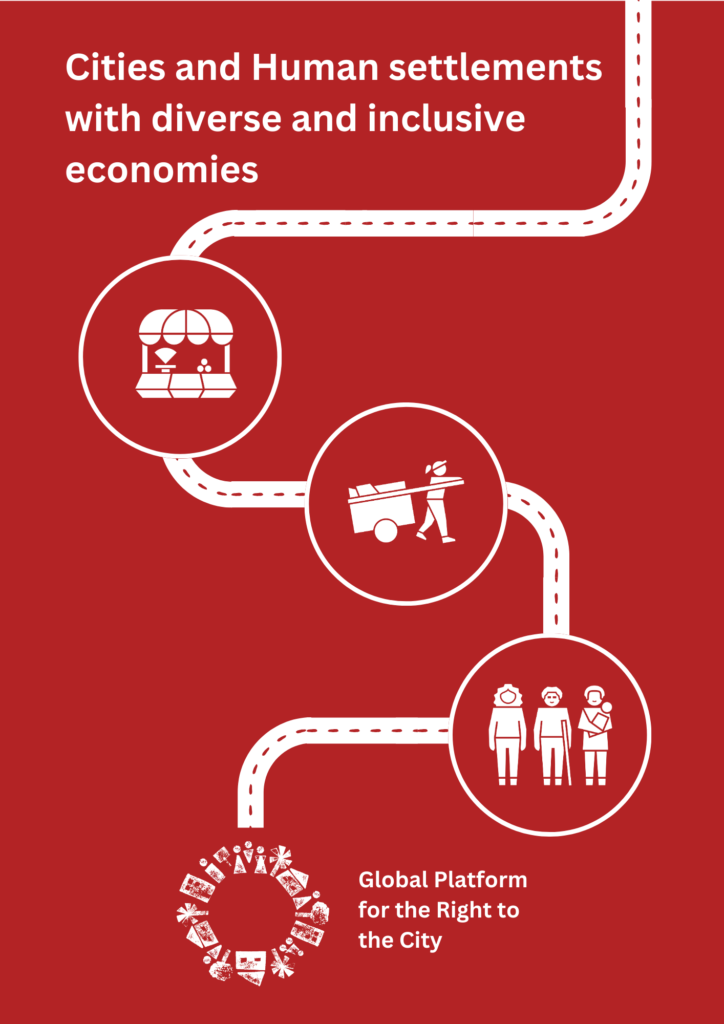
GPR2C 10 years anniversary!
The GPR2C launches its 10th-anniversary celebrations on International Women’s Day, uniting with more than half of the world’s population – women and girls of all ages, dissidents, and diverse backgrounds – to advocate for placing the issues of urban life, everyday existence, and care at the center of urban planning and policies. This movement aims for fairer, more diverse, and feminist cities and territories.
Check out our new logo! It has been updated to reflect our main priorities: climate justice, care economy, and commons, all approached through the lens of the Right to the City.
Stay tuned and engaged for various moments of reflection, celebration, and gratitude
for the amazing members and allies we have the privilege to collaborate with
More information available here!


